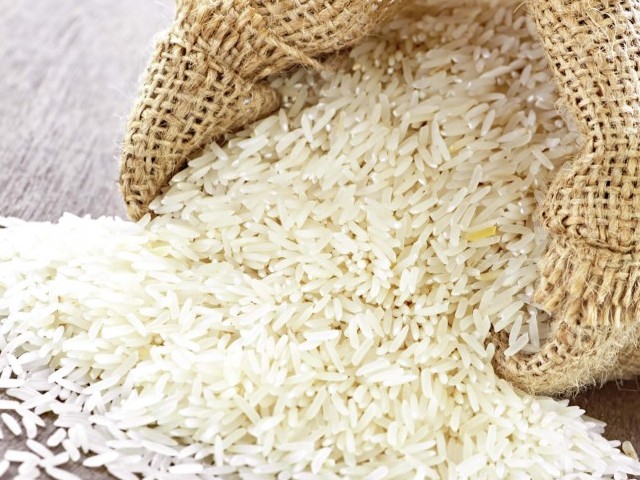Shipments of basmati rice from India, the world's largest producer of the aromatic grain, may surge to a record as Iran pays a premium to secure supplies amid international trade sanctions, an industry group said, Bloomberg reported.
Sales may rise 10 percent to 3.8 million metric tons in the year that began on April 1 from a year earlier, said R.S. Seshadri, general secretary of the All India Rice Exporters Association.
Sales jumped 25 percent to 1.5 million tons in the four months through July from a year earlier, data from the association showed.
Export prices of the variety used in dishes including biryani and pilaf rallied 44 percent in the past year, potentially boosting earnings at shippers such as KRBL Ltd. (KRB), LT Foods Ltd. and Kohinoor Foods Ltd. (KFL) Farmers in the foothills of the Himalayas have increased planting as the crop fetches more than double the rate of traditional varieties, Seshadri said.
India also ships tea, sugar, steel and chemicals to Iran and bilateral trade between the two countries was $15.97 billion in 2011-2012, according to the Commerce Ministry.
"Prices rose because of demand from Iran, which has got India as a reliable supplier after the sanctions," Seshadri said in a phone interview yesterday. "Farmers have raised the area under basmati crop as they know that the returns will be higher than other cereal crops."
Traders contracted to export basmati rice to Iran at an average $1,659 a ton in July, data from the association showed. The average export price was $1,300 a ton for 2012-2013 crop compared with $900 a ton a year earlier, he said. Iran is India's biggest buyer of basmati rice.
Exporters registered to ship 602,000 tons to Iran between April and July this year, according to the data from the state-run Agricultural and Processed Food Products Export Development Authority, or Apeda. Contracts need to be registered with the authority before shipment.
Iran has been hit by financial and trade sanctions over its nuclear program that have curbed oil exports, restricted access to foreign currencies and weakened the rial.
The government provides U.S. dollars at a preferential rate to importers of some staple goods, including meat, cooking oil and sugar.
Exporters faced no difficulties in getting paid for shipments to Iran because of a government-to-government payment mechanism, Seshadri said.
India controls 65 percent of the overseas basmati rice market, while the only other producer Pakistan accounts for the rest, according to Apeda. Saudi Arabia and Iran are two major buyers of Indian basmati, while the U.S., Europe and Africa also purchase the grain.
"The companies in the rice export business will see higher profits if the situation continues the way it is," said Faiyaz Hudani, an associate vice president at Kotak Commodity Services Ltd. in Mumbai.
Shares of KRBL rose as much as 0.6 percent to 23.65 rupees, while Kohinoor Foods climbed 2.4 percent to 31.45 rupees and LT Foods (LTFO) increased as much as 4.5 percent to 73.85 rupees in Mumbai today.
A plunge in India's rupee to a record also boosted shipments, Vijay Setia, a former president of the exporters' group said in a phone interview. Sales may climb to as much as 4 million tons this year because of weak rupee, he said.
"Exporters have been benefiting since June because of the weak rupee and Indian exports have been growing at a faster rate," he said. "In future deals buyers may get a chance to renegotiate on prices depending the rupee."
The rupee tumbled about 16 percent in the past six months to on concern that capital outflow from emerging markets will increase as the U.S. prepares to pare stimulus.






